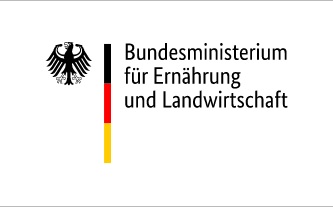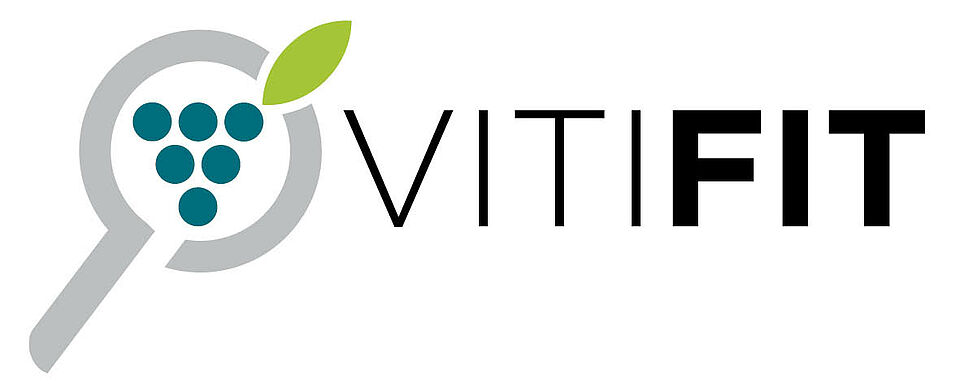VitiFIT - Healthy vines in organic viticulture through research, innovation and transfer
Project duration: August 2019 to July 2024
Funded by the Federal Organic Farming Program and other forms of sustainability agriculture
Contact - Sub-project resistant grape varieties and plant protection, Rural Area Service Center (DLR) Rhenish Palatinate:
Prof. Dr. Marc Dreßler - marc.dressler☞ Please insert an @ at this point ☜hwg-lu☞ Please insert a period at this point ☜de
New grape varieties promise far-reaching potential solutions for increasing the ecological effects intended by the project. The viticultural advantages recognized here must be further validated and existing prejudices in practice, which inhibit the cultivation and marketing of new grape varieties, must be overcome. To this end, the operational aspects and sustainability effects will be evaluated along the entire value chain, from the breeder to the production companies to the distribution channels. The project will use digital time records, surveys, market experiments and case studies. The project approach is integrative with practice. A cross-process marketing and communication strategy is being developed and the resulting target group and channel-specific recommendations for all participants are intended to help new grape varieties achieve greater success on the wine market and thus allow the intended project results to take effect.
In addition to the Wine Campus Neustadt and the Rural Area Service Center (DLR) Rhenish Palatinate, the DLR Rheinhessen-Nahe-Hunsrück, Geisenheim University, the University of Erlangen-Nuremberg, the Julius Kühn Institute in Siebeldingen, the Viticulture Institute Freiburg and the Bavarian State Institute for Viticulture and Horticulture in Veitshöchheim are involved in the project. The organic associations Bioland, Demeter, ECOVIN and Naturland are also important partners in the network due to their proximity to practical applications.
Learn more about the VitiFIT research project



